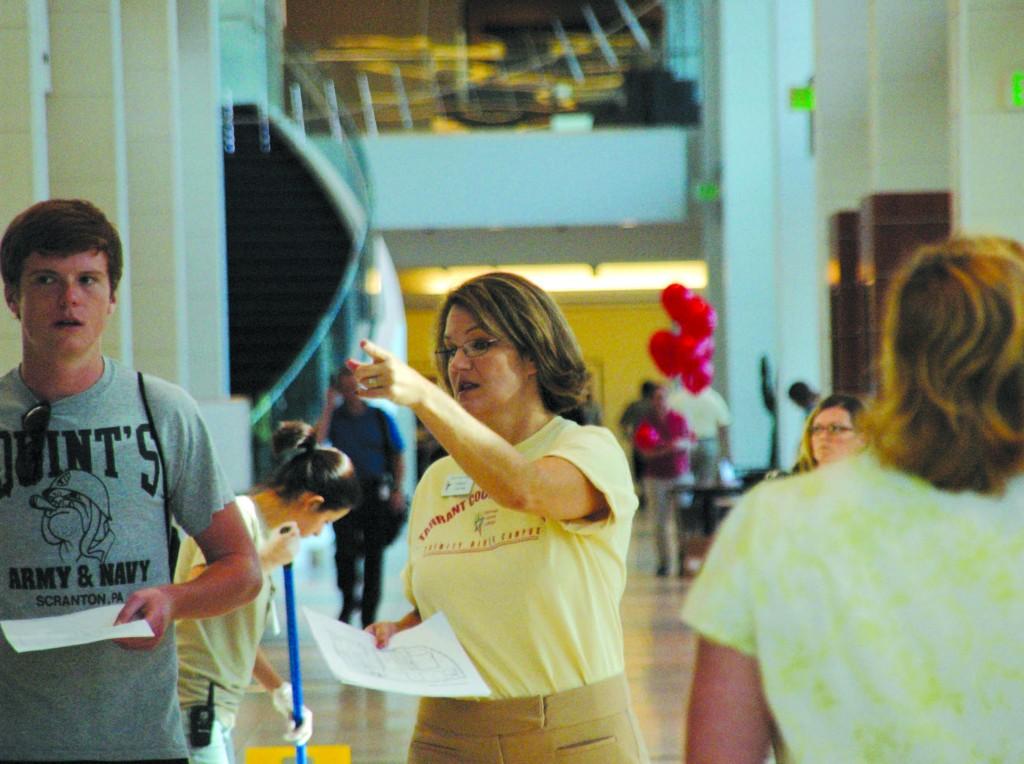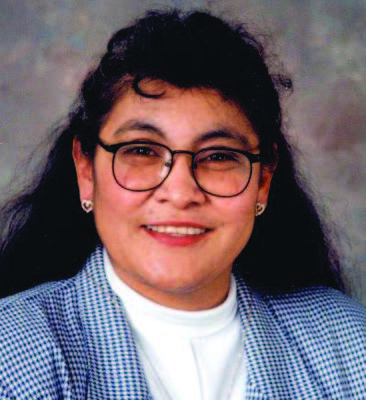By Edna Horton/nw news editor
Autism is the fastest-growing serious developmental disorder in the United States. According to autismspeaks.org, a new case of autism is diagnosed every 20 minutes, and it affects more boys than it does girls.
With more autistic children becoming autistic college students, colleges will need to address their concerns in the classroom.
Five disorders fall under the umbrella of autism spectrum disorders: pervasive developmental disorder not otherwise specified, Rett’s syndrome, Asperger’s syndrome, childhood disintegrative disorder and autistic disorder. Each case must be treated and taught in different ways since each student affected with autism has a different way of learning.
TCC’s disability support services offers accommodations for students with learning disabilities on all five campuses, as long as the required documentation is provided for the student to the DSS offices 20 working days before classes begin.
Carl Scherrieb, South Campus academic advisor, said credit and non-credit classes on all campuses have students with disabilities who can do the college curriculum with reasonable accommodations.
“Some accommodations for students with learning disabilities include, but are not limited to, readers for tests, additional time for tests, copies of class notes, preferential seating, tape recorders, scribes for tests, oral testing, larger print on tests and handouts and tests and handouts on colored paper,” he said.
Autistic students who need to communicate via a personal device such as a communication board or a Litewriter, a keyboard with a small screen that will “talk” for the student, may bring them to the classroom, but at their own expense as TCC does not provide them.
Many autistic individuals need someone to help them travel to and from class. These attendants are allowed on campus and in the classroom and may help the student in the classroom as long as they do not interfere with the activities of the class, Scherrieb said.
Personal attendants are not provided by TCC. If students need a personal attendant, they must provide one at their own expense.
The continuing education department on SE Campus offers a program called First Choice that assists people with disabilities who need to learn self-help and life-management skills but may not be seeking the traditional college experience, Scherrieb said.
The TCC Web site describes the First Choice Program as an academic and vocational program that offers several education opportunities for students with special needs to train for employment, polish academic skills, enhance their ability and potential to live independently and build their self-esteem in an age-appropriate environment while experiencing college.
If students are attending multiple TCC campuses and need special accommodations on each campus, they must contact the DSS office on each campus they wish to attend.




























